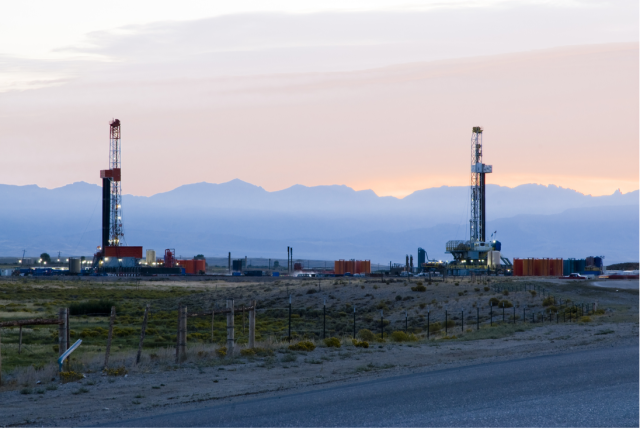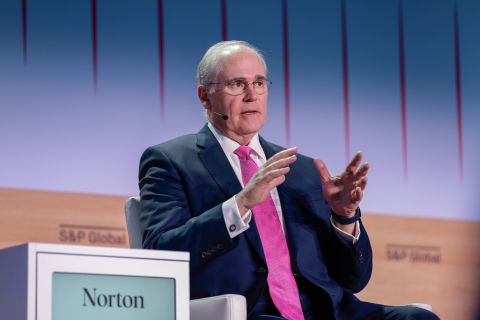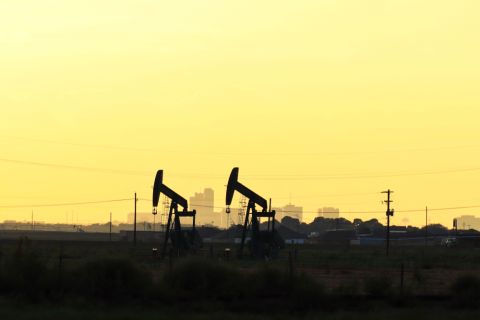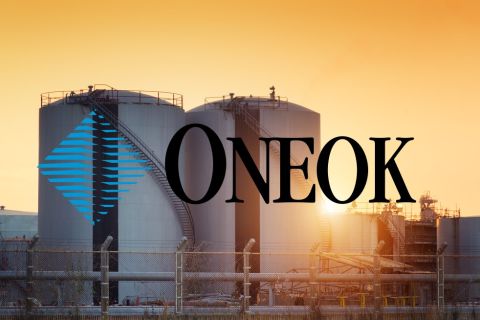
DENVER—Analysts and investors exploring the myriad dynamics of the Rocky Mountain oil and gas industry have found companies there are providing favorable operational results, but the region’s political climate might be affecting their valuations.
Speaking at Hart Energy’s DUG Rockies conference and exhibition on May 15, Michael Kelly, head of E&P research at Seaport Global Securities, explained how the Denver-Julesburg (D-J) Basin features among the lowest finding and development costs of any major U.S. shale basin, with a three-year average of less than $15 per barrel of oil equivalent (boe). According to Seaport Global, operating margins in the D-J Basin are competitive with other basins at $27/boe in 2018, and the basin was tops for debt-adjusted growth averaged over three years at more than 10% compared to the Bakken, Permian and Eagle Ford basins.
Despite the strong operational results, the D-J Basin operators feature a price index of $421, according to Seaport Global, the lowest among the four basins evaluated. Kelly explained that the price index for the D-J Basin has often been negatively impacted by Colorado’s political climate and the threat of restrictive oil and gas industry propositions.
Kelly said that in 2016, when Prop 82 was proposed, which would have resulted in restrictive setback policies for oil and gas operations, Wall Street investors “completely sold off” because of the uncertainty surrounding the regional industry.
“And in 2018, stocks got hammered when it was declared Prop 112 had enough votes to make the ballot,” he said. “Prop 112 was ultimately defeated, and stocks climbed back up a bit.”
With Senate Bill 19-181, which proposes to give control over oil and gas operations to cities and counties, passed and signed into law in Colorado, the D-J’s price index has been mired in a sub-$500 price index.
RELATED ARTICLE: Colorado’s SB19-181 Impact: What Oil, Gas Should Expect
“This is politics that is driving the valuation disconnect and this relative price underperformance,” Kelly said.
However, Kelly believes that the potential for local control over oil and gas operations could positively affect valuations. He cited Weld County, where 75% of voters opposed Prop 112 and also from which 85% of the D-J Basin’s oil and gas is produced.
“And guess what? Weld County loves oil and gas,” he said. “Most of the oil and gas companies have acreage in Weld County.”
He said Seaport Global would likely suggest D-J Basin operators as potential investment opportunities in the near future.
“I think it’s time for us to get more involved in telling our clients not to be afraid of these D-J names,” he said. “I think the time is right, these are actually good companies at the core.”
Also speaking at DUG Rockies, Trisha Curtis, co-founder of PetroNerds, explained that the Rocky Mountain and Wyoming regions feature a solid production base and favorable geology, but pipeline constraints are impacting investor confidence.
“You are railing 250,000 barrels per day (bbl/d), so whenever you want to ramp up production in the Bakken, people start worrying about pipeline constraints,” she said.
Curtis touted the long-term opportunity provided by the Powder River Basin in Wyoming, particularly in the Turner formation. She cited recent investment announcements by Devon Energy Corp. and Chesapeake Energy Inc. for nearly $1 billion in the Powder River Basin as indications that the region is an economic producer.
RELATED: Chesapeake Targets Brazos Valley, Powder River Basin For Oil Growth
“That’s a lot of money,” she said. “When people think about the Powder as a long-term future, that’s a lot of money being spent in Wyoming right now. And that’s just two companies.”
Brain Walzel can be reached at bwalzel@hartenergy.com.
Recommended Reading
ONEOK CEO: ‘Huge Competitive Advantage’ to Upping Permian NGL Capacity
2024-03-27 - ONEOK is getting deeper into refined products and adding new crude pipelines through an $18.8 billion acquisition of Magellan Midstream. But the Tulsa company aims to capitalize on NGL output growth with expansion projects in the Permian and Rockies.
Global Partners Buys Four Liquid Energy Terminals from Gulf Oil
2024-04-10 - Global Partners initially set out to buy five terminals from Gulf Oil but the purchase of a terminal in Portland was abandoned after antitrust concerns were raised by the FTC and the Maine attorney general.
Dallas Fed Energy Survey: Permian Basin Breakeven Costs Moving Up
2024-03-28 - Breakeven costs in America’s hottest oil play continue to rise, but crude producers are still making money, according to the first-quarter Dallas Fed Energy Survey. The situation is more dire for natural gas producers.
As ONEOK Digests Magellan, Sets Stage for More NGL Growth in 2024
2024-02-28 - ONEOK is continuing the integration of its newly acquired Magellan assets in 2024 as the company keeps an eye out for M&A opportunities and awaits regulatory approvals for certain projects.
IKAV and VTTI to Buy Majority Stake in Italy's Adriatic LNG Terminal
2024-03-27 - The closing of the deal to buy majority stake in the Adriatic LNG terminal by VTTI and IKAV is expected in the second half of the year.




